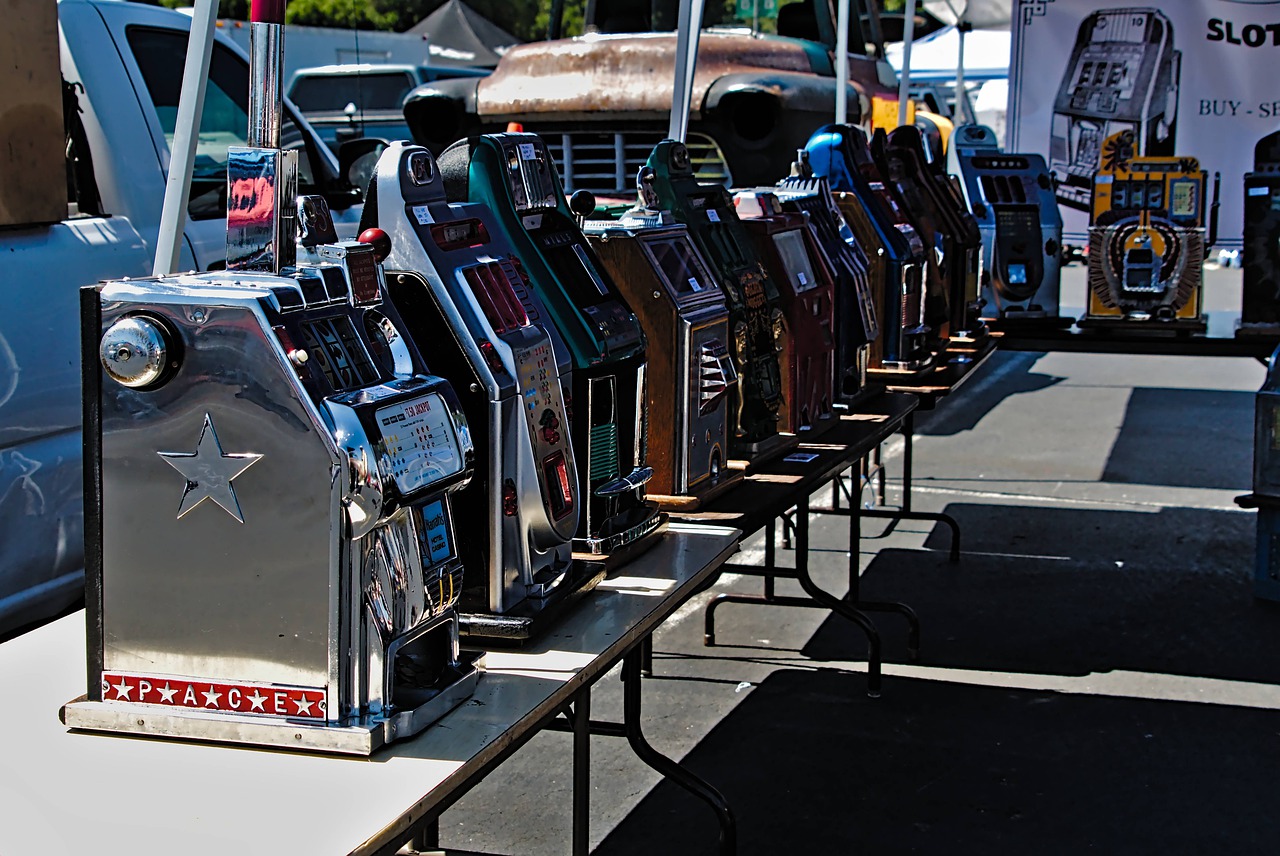
The United States is slowly, but steadily, moving towards a legalization of gambling. The decades long battle of different lawmakers and lobbyists is rapidly approaching its end as ushered by the COVID-19 pandemic. For one, the pandemic devastated the United States, and its economy might take years to recover. By legalizing gambling, states would be able to generate the much-needed profit in the form of tax revenue, as well as job opportunities for millions of Americans.
Secondly, the pandemic also highlighted the popularity and accessibility of online gambling, which thrives despite the current environment.
A Brief History of Illegalization/Legalization of Gambling in the US
Gambling in the United States was officially made illegal with the ratification of the 18th Amendment in 1919, also known as the beginning of the Prohibition Era.
Although Nevada was quick to ratify the new law, it was just as quick to re-legalize casinos in 1931, making it the only state to do so before Prohibition was repealed in 1933. This decision helped the western state during the Great Depression and made Las Vegas the world capital of gambling. Nevada’s story of economic success in times of great turmoil can serve as an example for states now dealing with the devastation brought by the COVID-19 pandemic.
Other states took their time to re-legalize different types of gambling by starting with horse betting and charity betting in the 1930’s. Likely inspired by Nevada, New Jersey followed suit in 1978 by building its own casinos in Atlantic City, which became the Las Vegas of the East Coast. In the meantime, a few high-profile cases ensured the rights of Native Americans to self-regulate their flourishing gambling industry, thus paving the way for other legalization efforts.
On the other hand, online gambling in USA experienced more scrutiny. Once the internet became more accessible in the mid 1990’s, online gambling websites, mainly based in the Caribbean, were created. Instead of embracing and regulating this new industry like the UK, the US did the opposite and tried to stop the activity of US online gamblers. The American government did this formally with the passage of the Unlawful Internet Gambling Enforcement Act of 2006, which made it illegal for banks and credit card companies to process payments from U.S. customers to online gambling websites.
Legality of Online Gambling in USA
Most of the American states have active physical casinos, most of which are operated by Native Americans. However, the situation with online gambling is murkier. As previously stated, the UIGEA of 2006 made it harder for US players to gamble online and dissuaded many of them, but it didn’t technically make it illegal. Catherine Hanaway, a United States Attorney for the Eastern District of Missouri, admitted that placing wagers is not a federal crime, and so far, no Americans have been prosecuted for it. Until the US regulates the online gambling market, it’s safe to say that American gamblers are not committing a crime under federal law. The overturn of PASPA in 2018 also made it easier for states to begin the process of legalizing online gambling.
States where Types of Online Gambling are Legal
The legality of online gambling is vastly different from state to state. Some states have legalized sports betting online, but not casino games such as poker. This is why we would group the states thus – states allowing online gambling (both sports betting and casino games) with existing online casinos, states allowing online gambling without yet existing online casinos and states only allowing sports betting.
There are currently 4 American states, which have fully legalized online gambling. These states are Delaware, New Jersey, Pennsylvania and West Virginia.
Michigan is the lone state in the second group, which has legalized online gambling with online casinos set to become available some time in 2021. Check for updates if you’re a citizen of the Great Lakes State.
The last group contains the largest number of states. The states which only allow sports betting online are New Hampshire, Rhode Island, Tennessee, Indiana, Illinois, Iowa, Kansas, Colorado, Nevada and Oregon. However, it should be noted that while Nevada doesn’t have online casinos, it does offer online poker.
States on the Track to Make Online Gambling Legal
As previously discussed, the impact of the COVID-19 pandemic in the US would be felt for years to come. One way to deal with the economic devastation would be to speed up the gambling legalization process. With many states still in lockdown to this day, online gambling offers an opportunity for players to gamble from the safety of their homes while generating additional tax revenue for their state and federal government.
The states, which already allow sports betting online can easily pass bills to expand their online gambling industry, so players should look out for updates on our website concerning this matter. Furthermore, American players can also expect states with thriving physical casino industries to enter the internet age.
Lastly, there are a few states, which have the potential to legalize online gambling in the next two years – Virginia, Tennessee and North Carolina.
2021 – the Year of Legal Online Gambling?
We are only entering the new year, but we do so in hopes of legalization of online gambling across all 50 states. Still, we don’t expect that to happen quickly or easily, as history has shown, although the chances are now bigger than ever. The attitude towards gambling have drastically changed since it was banned in 1919, with more and more people not only supporting legalization, but outright advocating for it due the economic advantages it promises. Then there is also online gambling, which thrives all over the world at the moment, and which offers a safe option for players in lockdown. Many American politicians recognize these facts, and even though you might not see all 50 states in the legality section of this article, believe us when we tell you that the legalization efforts only increase.
